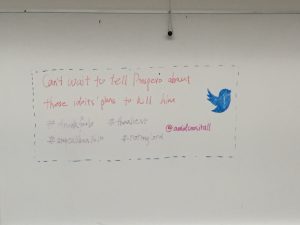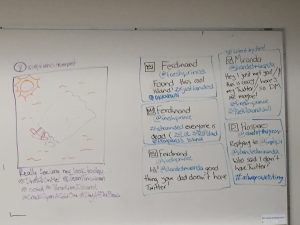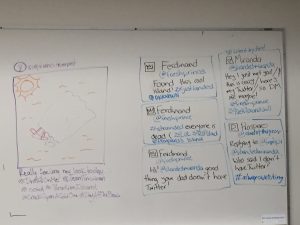La masculinidad en crisis: un estudio sobre el deterioro del sujeto masculino en La nada cotidiana (1995) de Zoé Valdés
En este trabajo prestaremos nuestra atención al corpus literario de Zoé Valdés (exiliada en París en 1995), quien escribe dentro de una tradición femenina y nacional cubana. En su visión del mundo cubano, nadie se escapa de los terrores del régimen castrista. No obstante, tal vez el grupo más afectado sean los hombres. En una sociedad machista como la cubana, el hombre tiene la reputación de ser fuerte, racional e independiente. Sin embargo, al encontrarse en medio de una sociedad en crisis, dicho sujeto se ve forzado a ceder ante un estado poderoso que lo reprime, descentra y amenaza al hacerle huir de su sociedad, temer la autoridad y cuestionar su propia masculinidad. En este estudio, me dispongo a dilucidar dicho descentramiento del hombre como es visto en los personajes el padre de Yocandra, el Traidor, el Lince y el Nihilista. Dichos hombres representan las estrategias que se utilizan para intentar a confrontar la victimización del régimen castrista durante el “período especial”.
Masculinity in Crisis: a study on the deterioration of the male subject in Zoé Valdes’ La nada cotidiana (1995).
In this paper, I analyze Zoé Valdés’novel, La nada cotidiana (1995). Valdés writes within a feminine and national Cuban context and in her vision of Cuban society, few escape the terrors of Fidel Castro’s regime. However, perhaps among those most affected by the changes in post-revolutionary Cuban society are the men. Due to the influence of machismo in Cuba, men developed a reputation of being strong, rational, and independent beings. Nevertheless, when the Cuban men represented in the present novel find themselves in the midst of a social crisis, they are unable to react before the repressive Cuban state which will later cause these men to flee from their own society, to fear authority, and to question their own masculinity. In this study, I will examine the aforementioned conflict of men in Cuban society as it is manifested in the masculine protagonists of Valdes’ novel: Yocandra’s father, the Traitor, Lince, and the Nihilist. These men represent the strategies men use to confront the victimization of Castro’s regime during the “Special Period” (1989-1995). See full article here Article La nada cotidiana.




